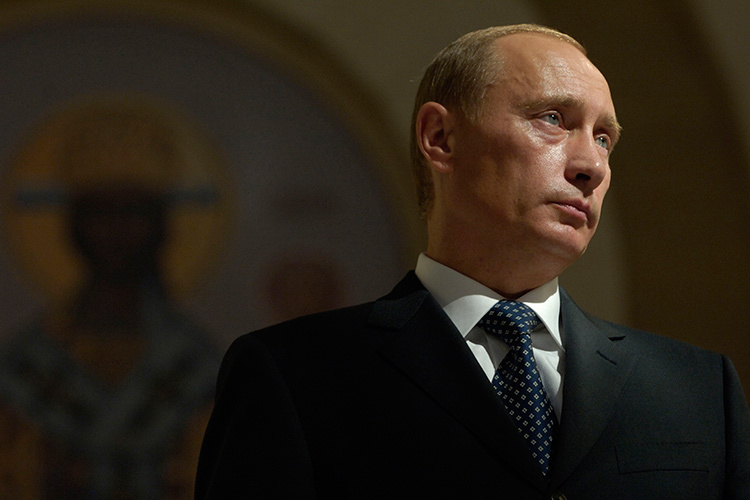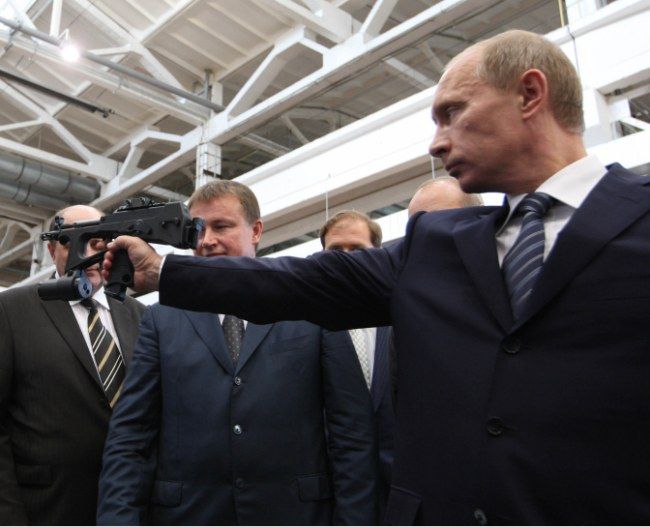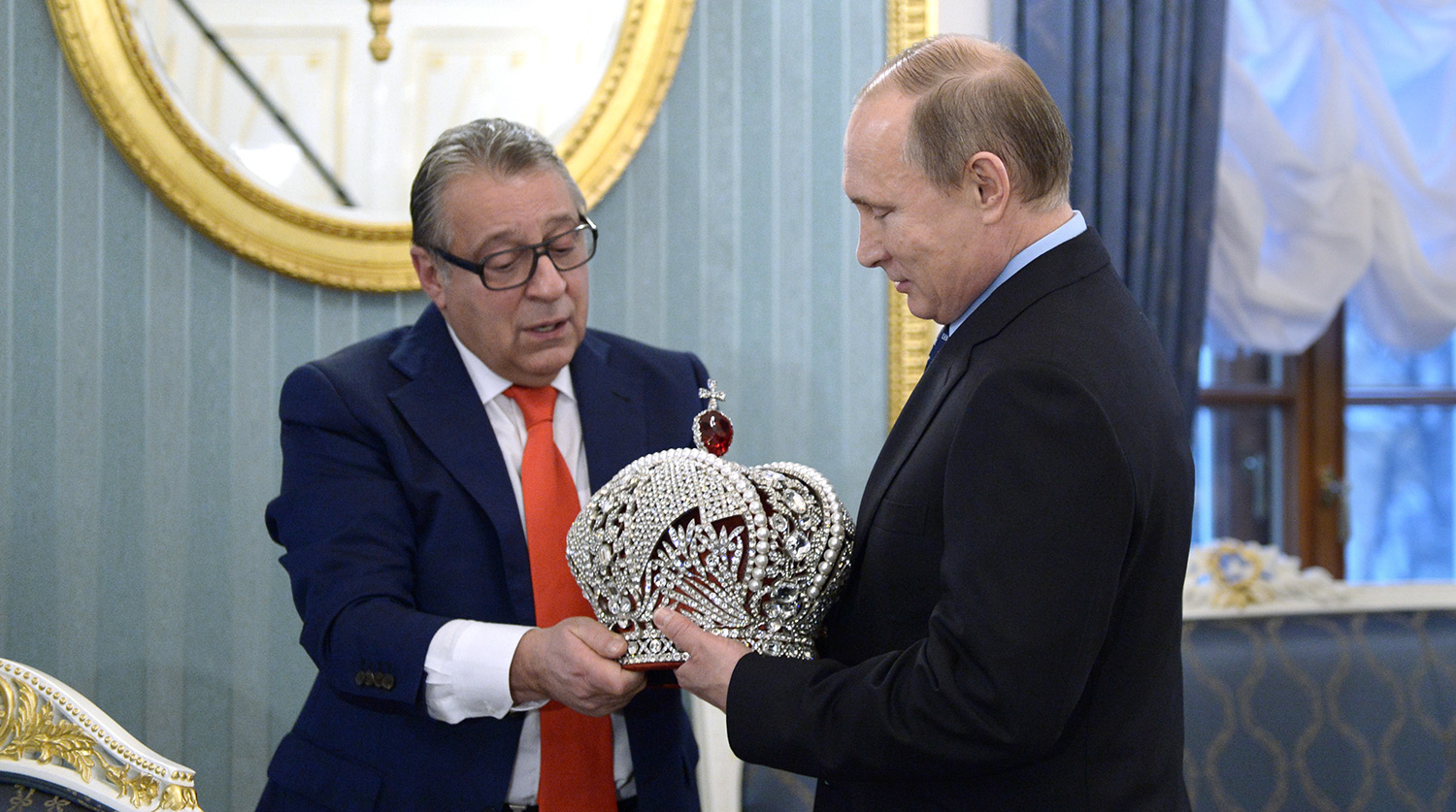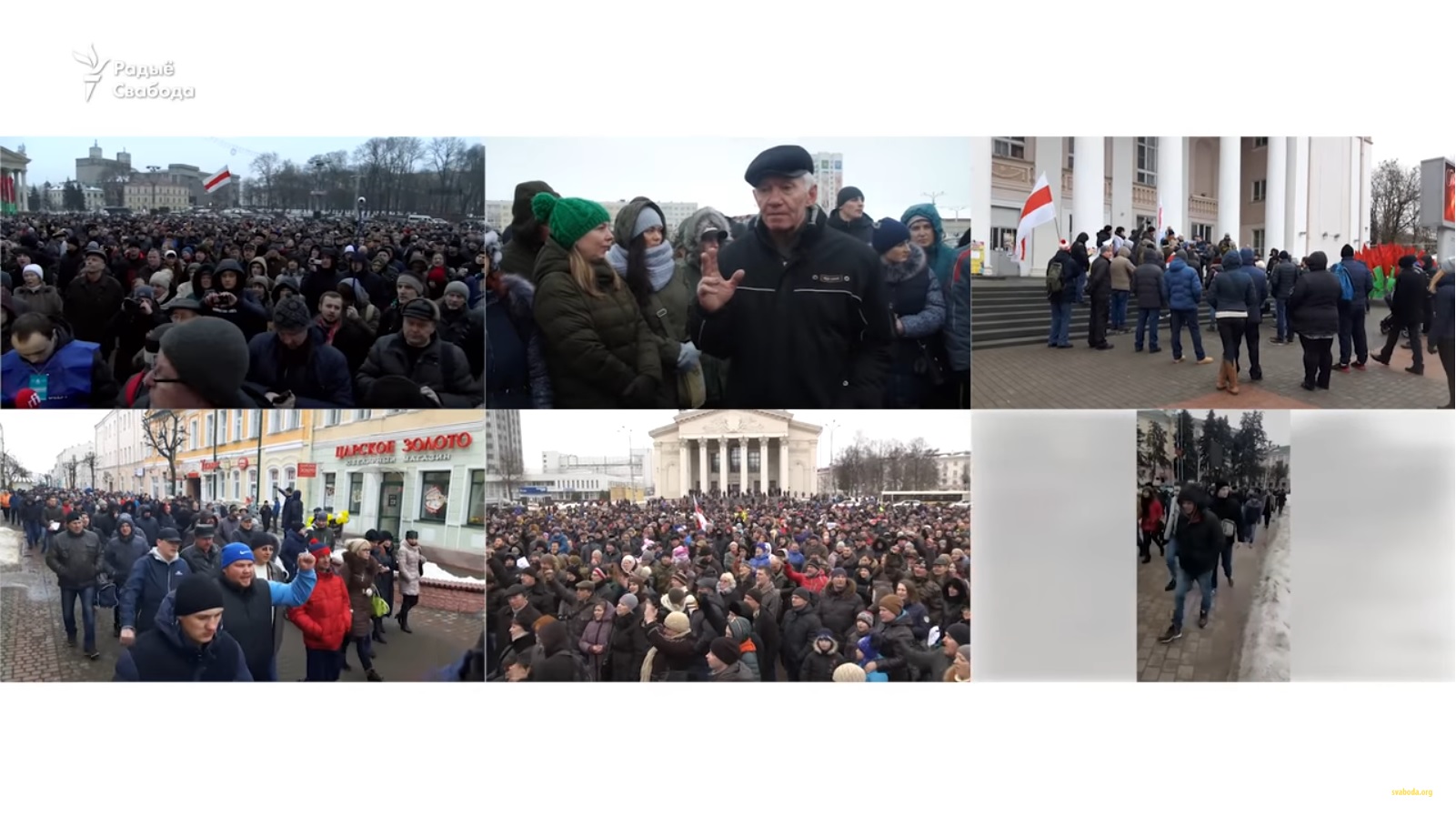Totalitarianism can emerge in any society if conditions are created to promote the restoration of “social and cultural archaism” as a result of “a lack of choice in politics” and the promotion of “irrationalism in mass consciousness,” according to Moscow sociologist Emil Pain.
Exactly that dynamic, one that promoted “barbarism” as opposed to the triumph of rationality that Max Weber saw as the hallmark of modernity, is on view in contemporary Russia and helps to explain both what Vladimir Putin is doing and why his ratings are so astronomically high.
Over the last two years – and Pain insists that the events in Ukraine have been the occasion rather than the cause of this – such archaism, including the desecularizaiton of society, the expansion of zones of the sacred which cannot be criticized by anyone, and hostility to the surrounding world, has been Putin’s policy and has boosted his standing.
After the annexation of Crimea, Pain writes, mass consciousness in Russia increasingly acquired a messianic aspect: the notion “Great Russia is called upon to defend the Russian world from any enemies: fascists, liberals and the West” and the related notion that Stalin and any real leader – and by implication, Putin -- is justified in taking any actions if he does so.
To understand this, Pain suggests, one should consider the ideas of English anthropologist E. Evans-Pritchard who argued 60 years ago that the study of witch doctors in Africa helps to explain “the nature of totalitarianism” and its leader cults. Now, it is clear why that is so.
“The cult of a leader of the nation for life and that of the witch doctor are based on one and the same thing – recognition of the unachievable and mystical power of a particular individual in whom resides a magical and supernatural force or ability” without which the nation or the tribe would die, the Moscow sociologist writes.
The totalitarian leader just like the witch doctor is able to give comfort and eliminate fears “again by the same mystical path, above all by the elimination of an impure force on which all attacks depend. Such mystical comfort is best of all demonstrated by contemporary Russian propaganda.”
That propaganda creates “the image of the horrific enemy who with the help of magic is capable of calling forth ‘color revolutions’ in any country but then comforts its audience by showing that it is not difficult to convert this enemy into ‘nuclear ash
’ (somehow without a return threat to one’s own country).”
Indeed, Pain argues, statements by Russian military experts about the use of nuclear weapons “recall the incantations of shamans” more than any other kind of analysis. Nonetheless, they can help consolidate Russian society around Putin, although such “negative consolidation” is something that is very narrow and likely short-lived.
“For positive consolidation,” one would need goals that elevated people rather than drove them back to atavistic positions, but there are no such goals on offer or even currently available in Russia, Pain says.
As Pain notes, “classical totalitarian regimes guaranteed social support for themselves by advancing global goals: ‘world revolutions,’ ‘the thousand-year Reich,’ the universal Islamic khalifate,’ and so on.” But Putin’s Russia is “positioning itself as an outsider, fighting not ‘for’ anything, but only ‘against.’”
Maintaining this is a problem given that the enemies or obstacles keep changing, Pain says, although promoting the idea is “one of the simplest tasks for propaganda.” But when the country can’t attack others or cannot achieve economic growth and when the leader doesn’t offer anything else, his backing will fall.
“Historically,” he says, “all processes are accelerating, and as a result, the lifetime of mobilizational regimes is now measured not in decades but in years.”




